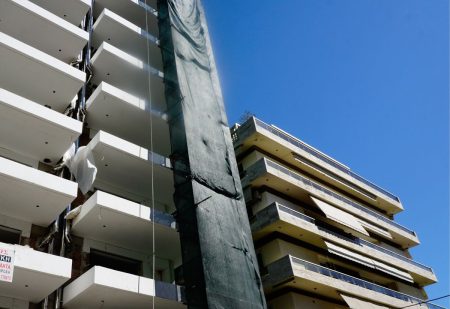A seaman with popular wisdom quipped a few days ago regarding the political frenzy triggered by the dual public health and consequent economic crisis.
“The winds fill the sails and the winds shred them,” he declared.
The occasion for that useful reminder was the premature talk of a triumphant political finale of a multi-faceted and unexpected global crisis.
The government took on the challenge of the pandemic with a series of right moves: Choosing trustworthy managers and acting quickly to avoid the worst it protected the health of the citizenry and the stability of the National Health System.
That is why it is praised at home and abroad and its positive ratings have soared.
Thanks to its timely and prudent decisions the government created a more solid foundation than in many other European countries for confronting the next stage of the lockdown lifting and the huge challenge of restarting an until now intubated economy.
The whole world knows how much Greece had suffered at the hands of its financial taskmasters and that now, exhausted, it must weather a new, even stronger tempest.
The country had just been taken off life support and was struggling to create suitable conditions for recovery and stable growth.
It was seeking out financing and development funds from the global market which alas shut down for everyone – and especially countries with prior financial failures – after a pandemic was declared.
Greece must handle the health-economic crisis with meagre funding and depending once again, like Blanche Dubois, “on the kindness of strangers”, who are its traditionally testy European partners.
The pandemic shock may have been symmetric but its economic and social repercussions are asymmetrical.
Much will depend on EU assistance and the speed and decisiveness of Brussels and Berlin.
Much will also depend on the extent of foreign demand in the summer for Greek goods and our beaches which must be shielded from coronavirus while remaining productive and robust.
No one can foreordain the social dynamic that will result from all of this in the immediate future.
No one can tell with any certitude how already devastated citizens will react if the pandemic returns or for how long they are prepared to accept coercive measures and arrangements to save the economy and businesses.
What kinds of sentiments will be stirred by a wave of high unemployment or by the possible collapse of hundreds of thousands households as a result?
This is not a time for celebration. It is a time of contemplation and of intensive efforts to temper the economic and social impact.
For that to happen one must invent new structures and policies, enlist the best possible forces, ensure basic consensus between Greece’s political parties, and of course assist those who are truly in need.
If that does not happen, brutal winds will rise to shred the sails.



